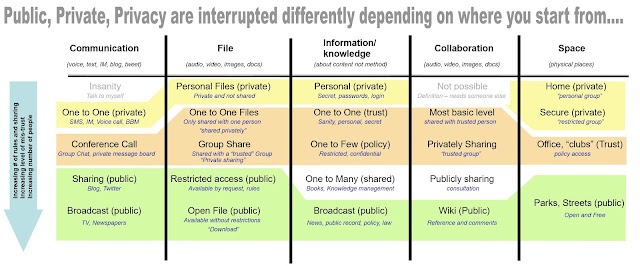The BBC released some interesting research around participation online. http://www.bbc.co.uk/blogs/bbcinternet/2012/05/bbc_online_briefing_spring_201_1.html ----- One of the defining characteristics of digital media is interaction. It enables us to be active, make choices, build connections, express ourselves and exercise a new level of control over our media experiences. But how active is the UK online population really? And how might this change in years to come? With these questions in mind, my team and I conducted a large-scale, long-term investigation into how the UK online population participates using digital media today - from sharing links, to writing blogs and uploading photos. And it revealed a fascinating, and at times, surprising picture. Like the population itself, the picture is nuanced but six striking themes emerged: The model which has guided many people's thinking in this area, the 1/9/90 rule , is outmoded. The number of people participating online is s
